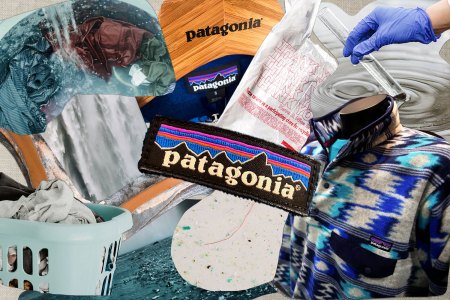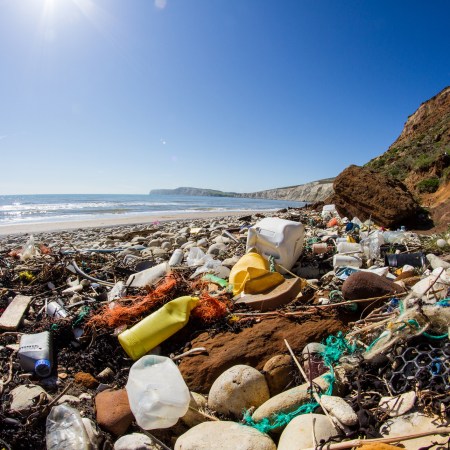Scientists have been finding microplastics in the most unexpected places lately, including Arctic ice and the Great Blue Hole. The latest discovery involves a much less exotic location: namely, human testicles. There’s no easy way to phrase this: there’s now plenty of evidence that testicles are as likely as anywhere else to contain microplastics. That isn’t just painful to think about — the implications of this discovery could go a lot deeper.
Earlier this month, a study published in the journal Toxicological Sciences analyzed human and canine testes. “[W]e quantified 12 types of microplastics within 47 canine and 23 human testes,” the study’s authors wrote, with the levels of microplastics in human testes being almost three times the level found in their canine counterparts. Writing about the study in The Guardian, Damian Carrington has one more unsettling detail: of the testes studied, all of them contained microplastics.
“When I first received the results for dogs I was surprised,” the University of New Mexico’s Xiaozhong Yu, one of the study’s authors, told The Guardian. “I was even more surprised when I received the results for humans.”
As Carrington explains, the study has scientists wondering if this could explain a possible global decline in sperm counts. “PVC can release a lot of chemicals that interfere with spermatogenesis and it contains chemicals that cause endocrine disruption,” Yu said.
Patagonia’s Major Microplastic Problem
The outdoor gear brand has long been heralded as proof that a for-profit company can balance consumerism and environmentalism. Then the microfibers were found.If this information alarms you, it’s worth mentioning that there are ways to reduce exposure to microplastics. Tracey Woodruff of the University of California San Francisco recently offered some advice on this very subject — including advising readers not to microwave plastic containers when re-heating food if possible.
Woodruff also pointed out that some regulation is likely necessary here, arguing that “the burden shouldn’t be on me as the consumer to figure out if products can be toxic.”
The Charge will help you move better, think clearer and stay in the game longer. Subscribe to our wellness newsletter today.



















